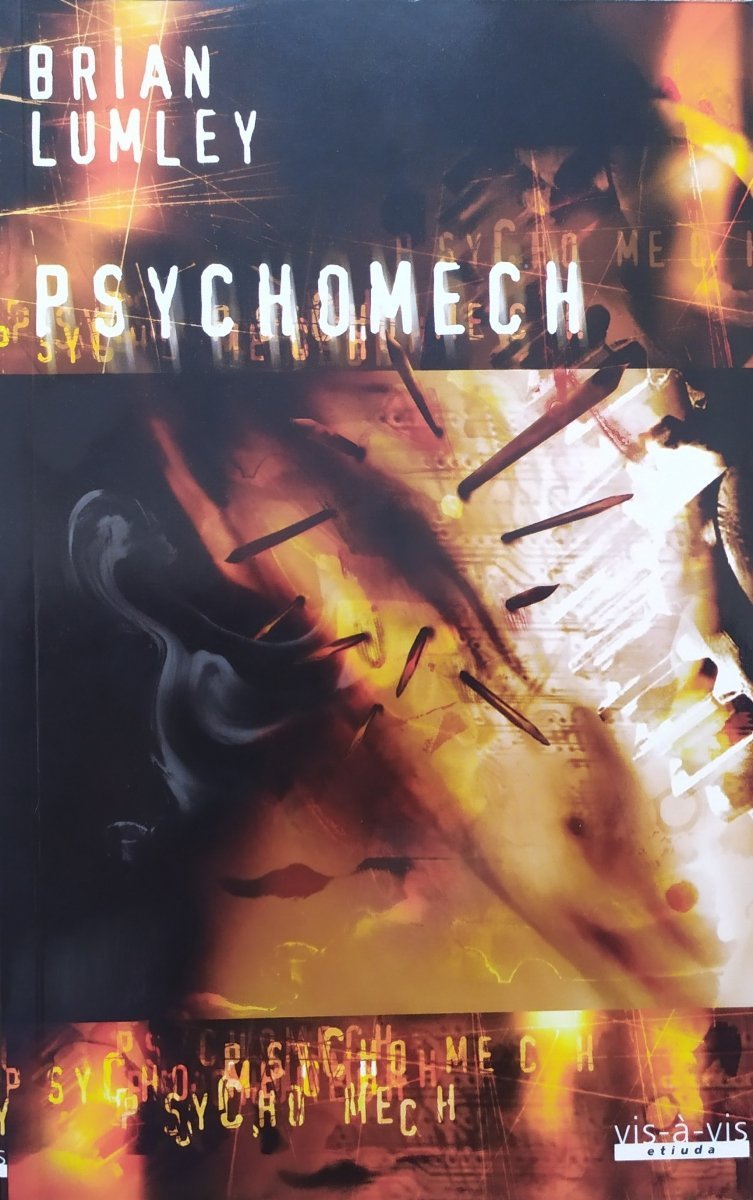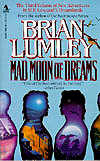

Everything from Commodus, to Stonehenge, to the early formation of the Earth is tied together in a wonderful little package. One which has affected humanity throughout its entire existence and is only now being re-discovered. Brian Lumley makes ample use of letters, articles, and history to provide a grand scope of a billion-year-old evil inhabiting the Earth. The premise of the novel, as explained above, doesn't really convey the journey or its enjoyment factor. Like a tabletop Call of Cthulhu mega-module, The Burrowers Beneath starts with minor threats before introducing the monsters then becomes a globe-trotting war against evil that culminates with a Great Old One being confronted. It's a chaotic, but in a good way, novel which deals with big issues. Lovecraft's works so newcomers will understand all the references being made. This novel introduces Titus Crow, Henri de Marginy, the Chthonian race, the Wilmarth Foundation, and more or less recaps the entirety of H.P. The first of the Titus Crow novels is The Burrower's Beneath. It's why I'm going to be reviewing all of the Titus Crow stories over the course of the next two weeks. On my end, having been exposed to both interpretations, I prefer the alien and unknowable Old Ones to the merely evil but that doesn't mean I can't enjoy both. Which, of course, may be controversial to some in the same way August Derleth's interpretation of the Mythos (of which Brian Lumley relies heavily upon) has run into with detractors. The terrors beyond are not so terrifying after all and might someday be friends to humanity. The Elder Gods turn out to be the very same species as which makes up the Great Old Ones. Sadly, the humanist element of the story gets downgraded in favor of introducing benevolent Elder Gods to counter the Great Old Ones but even this is somewhat subversive. The Great Old Ones are powerful, immortal, and dangerous but our heroes are courageous and clever. In a very real way, Brian Lumley's take on the Cthulhu Mythos is a fundamentally humanist one.



Also, they like to have a laugh along the way." (I love meeps and glibbers, don't get me wrong, but I go looking for what made them!) That's the main difference between my stories.and HPL's. A meep or glibber doesn't cut it with me. The influences of Robert Howard and Clark Ashton Smith can also be seen.Īs Brian Lumley, himself, wrote: "I have trouble relating to people who faint at the hint of a bad smell. It's still horror fiction but I'd argue they owe more to the lighter-softer fair of The Dunwich Horror and The Strange Case of Charles Dexter Ward than The Unnameable. Lovecraft's world is distinctly his own and manifestly not cosmic horror. Despite this, Brian Lumley's version of H.P. These are by no means "new" works of Cthulhu Mythos fiction but I think they qualify as one of the more definitive works on the subject. In short, this will be, by no means, an unbiased review. He's also the guy I owe my desire to write my own Cthulhu Mythos fiction to. Thanks to Brian Lumley, I picked up the original works by H.P. While The Real Ghostbusters' episode "The Collect Call of Cathulhu" was the first Mythos-related fiction I was ever exposed to at the tender age of seven, it was Titus Crow I picked up in my college town's library which created my love of Lovecraft's mythology.
#In the moons of madness brian lumley series#
Brian Lumley's Titus Crow is a series I owe an immense debt to.


 0 kommentar(er)
0 kommentar(er)
